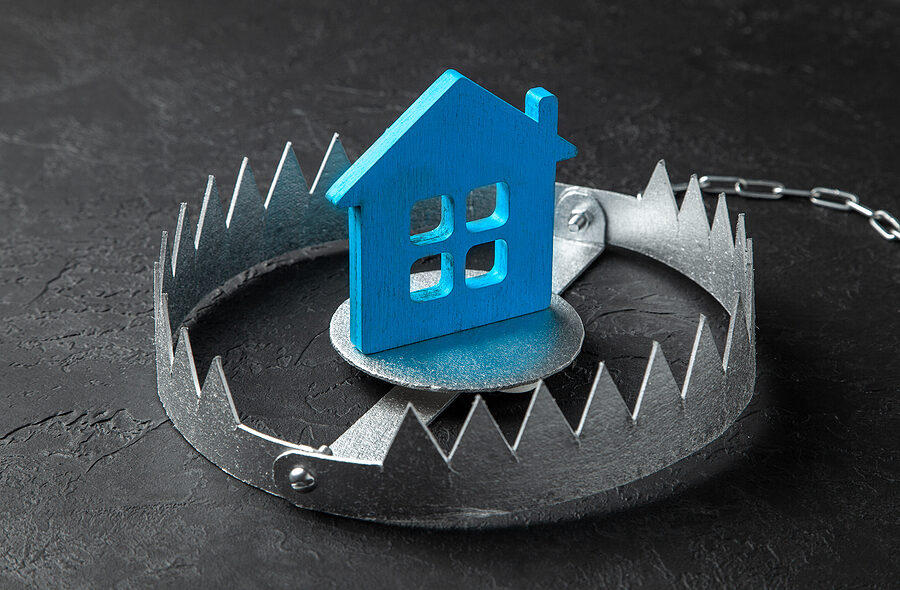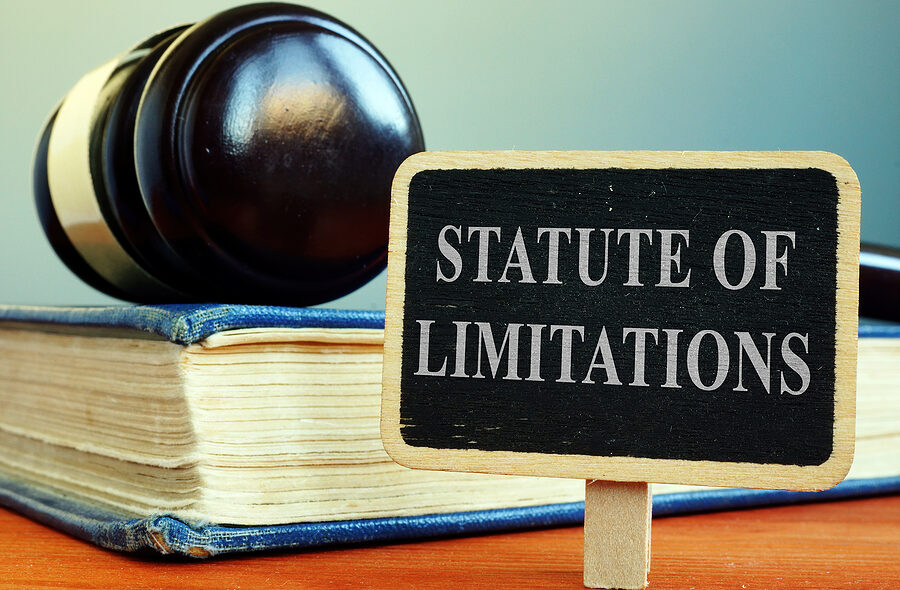Similar to its name, ‘Zombie’ debt is debt that has literally come back from the dead. Debt collectors purchase these old debts for pennies on the dollar, hoping consumers will be tricked into paying. Oftentimes, they use intimidating tactics to scare consumers into paying the debt that is not legally owed. This is a practice that has become increasingly popular in Florida.
Some consumers will mistakenly pay on zombie debt that is past the statute of limitations because they are not aware of this legal protection. It is extremely important that you not pay on a debt that is past the statute of limitations. A single payment can reactivate the debt and reset the clock on the statute of limitations. This tactic is otherwise known as re-aging an old debt, and it is one that is commonly used by debt collectors to trick consumers into paying on a debt that they would not be legally obligated to pay.
Zombie debt can include different types of old debts, including the following:
- Debts the consumer forgot about and has not made payment on past the statute of limitations;
- Fraudulent charges from identity theft;
- Debts that the consumer already settled with a creditor;
- Debts that were discharged in bankruptcy; and
- Any debt that is beyond the statute of limitations, meaning the consumer could not be legally sued for payment.
Making a payment on an account that is past the statute of limitations may seem harmless, but this single payment could bring the account back to life, meaning it is now legally collectible. Therefore, if payment is made on the old account and no further payments are made, the debt collector may be able to then take the consumer to court to get a judgment on the debt.
Debt collectors will often purchase old debt from the original creditors to do just that. The original creditor can sell the old debt from their books, and the debt collector will then try to trick the consumer into making payment. Unless the consumer knows the laws, they may be scared into making payment when they are not obligated to do so.
If you receive a phone call from a debt collector and suspect that the call involves zombie debt, the first step is to get information on the debt. Consumers are entitled to ask for written confirmation on the debt. Look through old records to compare what the debt collector is telling you with what you have regarding what you owe. If the numbers do not match up, or if the debt is beyond the statute of limitations, do not make payment. Never let the debt collector pressure you during this initial phone call. You are within your rights to request confirmation on the debt in a debt validation letter, which must include the name of the original creditor, the amount owed, and how you can challenge the debt.
The statute of limitations in Florida varies depending on the type of debt. If the debt comes from a written contract, the statute of limitations is five years. For other debts, such as oral contracts or revolving accounts, which include credit cards, the statute of limitations is four years. If the last payment on the account makes the debt past the statute of limitations, the creditor or debt collector no longer has legal rights to sue to collect the money owed.
If the debt involved is “zombie debt,” the consumer has several different options. If the debt has, in fact, been paid or legally discharged, the consumer should write a letter to the debt collector, informing them that they must cease contact regarding the debt. If the debt does not belong to the consumer or is invalid, the consumer should write a letter challenging the debt within 30 days of contact with the collector. If the debt is legally collectible, and the consumer can pay, make sure to get a payment agreement or arrangement in writing with the collector before making any payment. If the consumer does owe it but cannot pay the debt, other options, such as credit counseling or even bankruptcy could help with the situation.
The key is to get any agreement or communication in writing. Written communication will produce a record to protect your rights in the event the communication continues or if any legal action is taken by either party.
Please click here to read more.
If you have questions on this topic or are in financial crisis and considering filing for bankruptcy, contact an experienced Miami bankruptcy attorney who can advise you of all of your options. As an experienced CPA as well as a proven bankruptcy lawyer, Timothy Kingcade knows how to help clients take full advantage of the bankruptcy laws to protect their assets and get successful results. Since 1996 Kingcade Garcia McMaken has been helping people from all walks of life build a better tomorrow. Our attorneys’ help thousands of people every year take advantage of their rights under bankruptcy protection to restart, rebuild and recover. The day you hire our firm, we will contact your creditors to stop the harassment. You can also find useful consumer information on the Kingcade Garcia McMaken website at www.miamibankruptcy.com.



